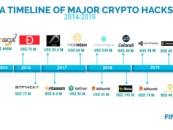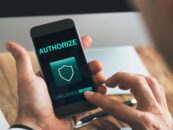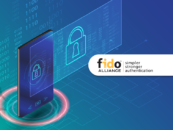
OCBC Beefs up Security With Instant ‘Kill Switch’ to Stop Scammers
by Fintech News Singapore February 16, 2022OCBC Bank has rolled out a kill switch that enables customers to immediately freeze all their current and savings accounts in the event of a scam.
The kill switch can be activated via the bank’s official contact number or at about 500 standalone OCBC Bank ATMs.
The feature will be available on all OCBC’s ATMs by March 2022.
The kill switch enables customers to immediately freeze all their current and savings accounts including joint accounts, ATM access, debit and credit cards, and digital banking, as well as OCBC Pay Anyone app access, if they suspect they are a victim of a scam or if they believe key account related details have been otherwise compromised.
Once the kill switch is activated, no transactions – whether done digitally, via an ATM or at branches – can be made.
OCBC said that even recurring or pre-arranged fund transfers will be disabled.
A customer service executive from the bank will contact the customer after the kill switch is activated to remove compromised bank account access or cards, and issue new ones.
Only a bank branch employee or customer service executive can deactivate the switch and would only do so after receiving duly verified instructions from the customer.
Once the kill switch is deactivated, the customer’s account will return to ‘normal’ and all settings prior to the account suspension including GIRO arrangements and future-dated funds transfers will be reinstated.
OCBC Bank has also introduced a dedicated option for customers to seek assistance for incidents of suspected fraud through the bank’s official contact number since January 2022.
A specially trained customer service executive can help customers freeze all bank accounts, guide them through the process of making a police report and following up on their banking activities after informing the bank of the fraud.
The kill switch and dedicated ‘fraud hotline’ are in addition to the enhanced anti-scam measures that the bank has implemented, in line with the industry’s efforts to bolster the security of digital banking.
OCBC was recently affected by a phishing scam and had made goodwill payouts to its affected customers.







